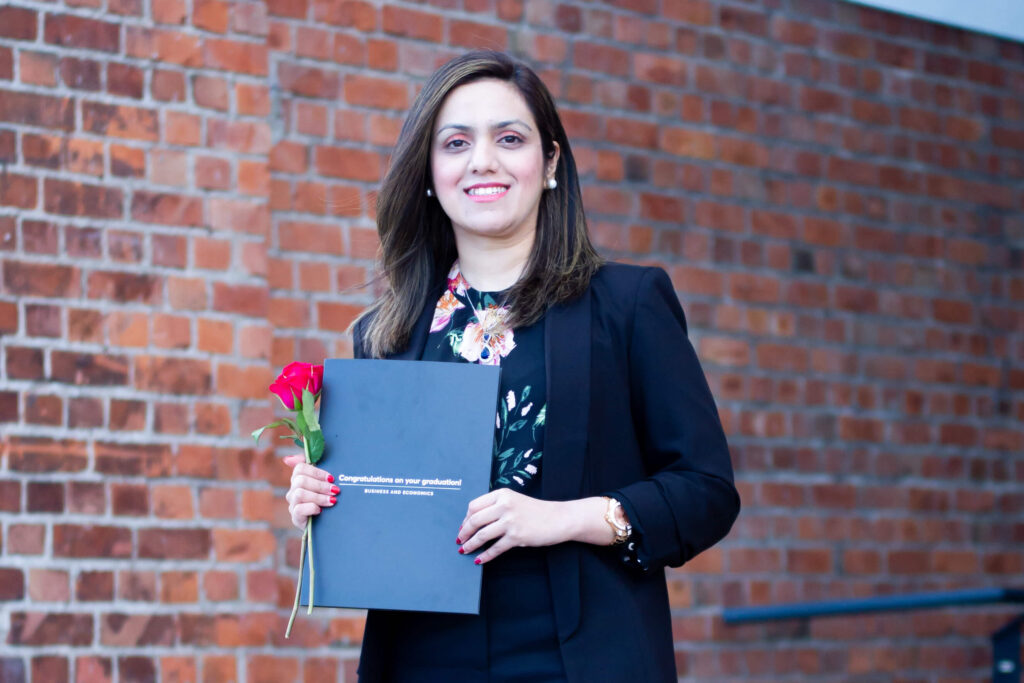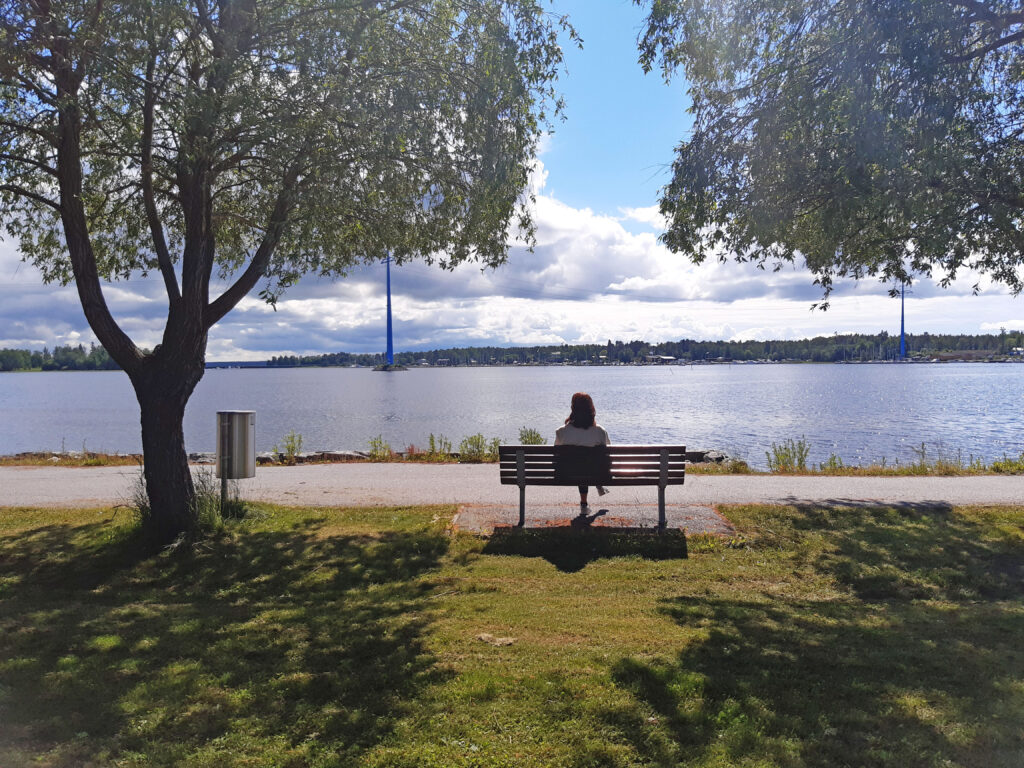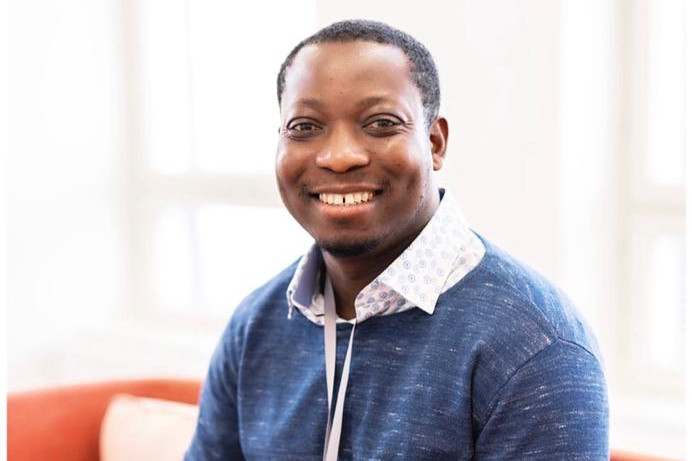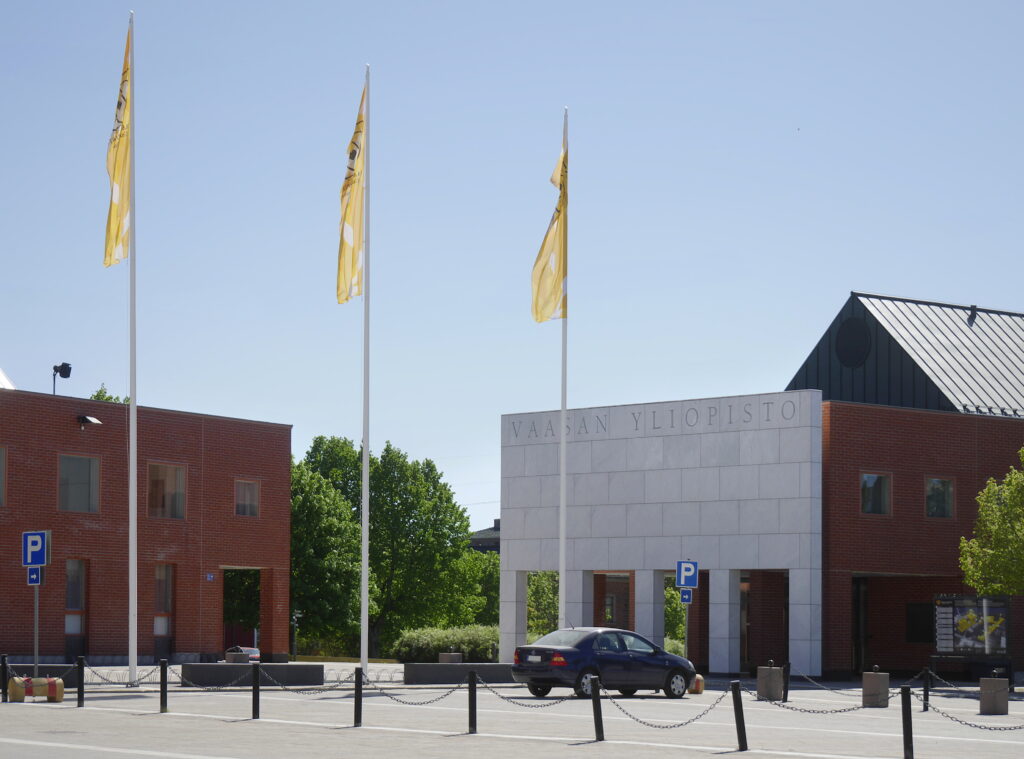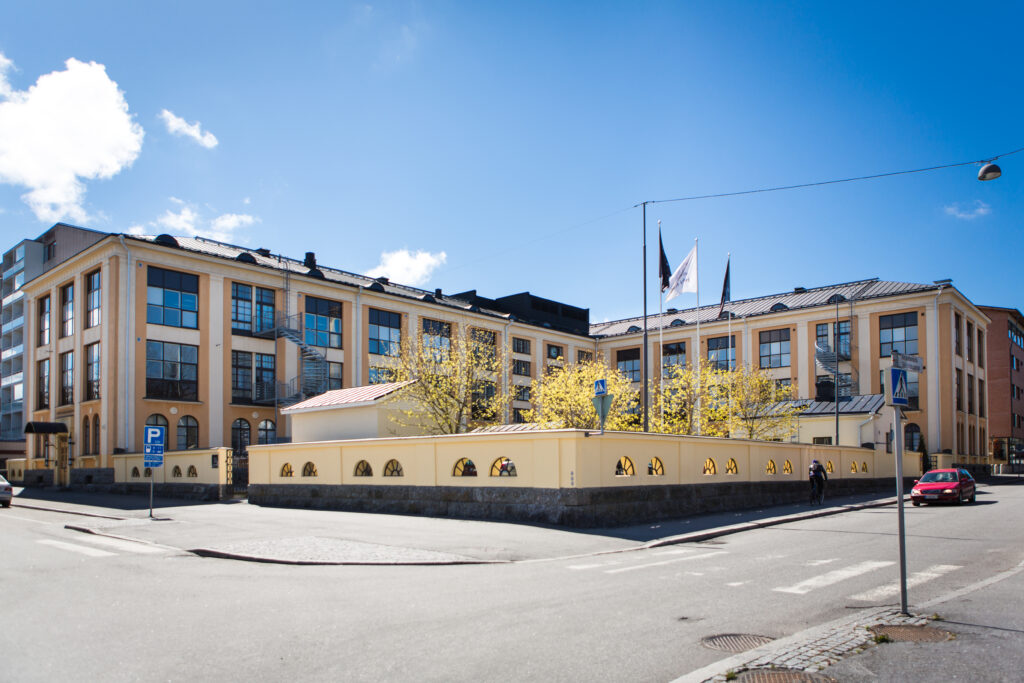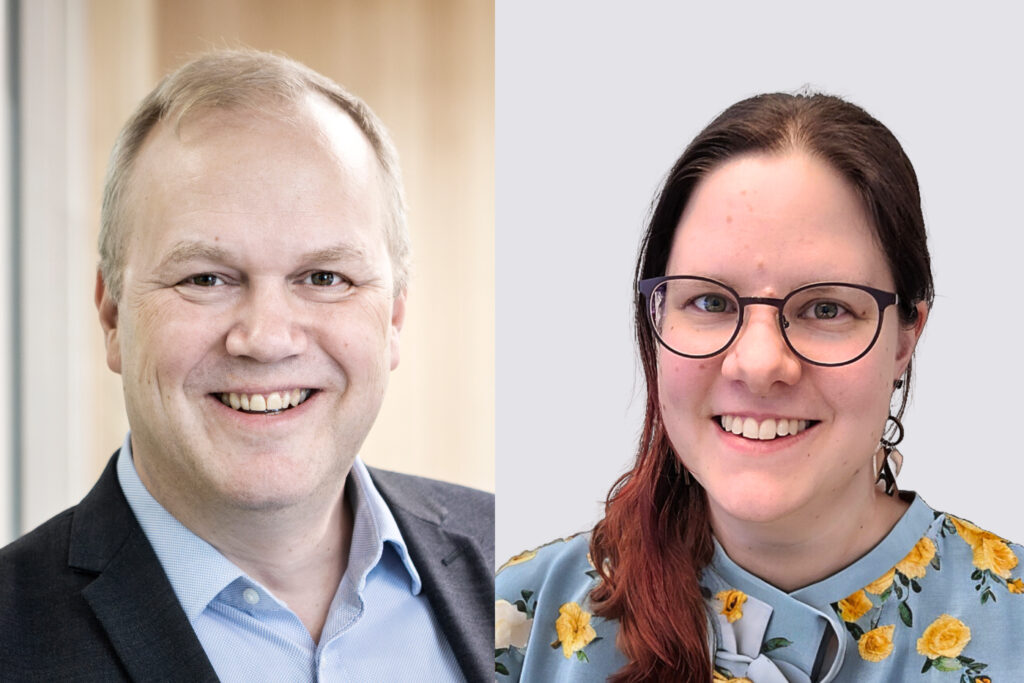Media and social media are filled with stories about those who have found their place in working life, who are ready to give their all to their dream job. Suddenly, we should all aim for a job that doesn’t feel like work. A job where you create a more sustainable world and fulfil yourself at the same time. But what if your job is just a job for you? Does work have to be your passion?
Toni Iskanius, 32, says that for him work is first and foremost a livelihood and an enabler for life itself.
My current job is just a job for me, not a passion of mine. I do not think you need to be passionate about your work, but I do think that you should always do your best at work. This is something that I am not ready to compromise on.
A business alumnus of the University of Vaasa, Iskanius works as an IT project manager at Kainos, a position he has had for the last three years. Iskanius thinks about work quite pragmatically:
I weigh the benefits and more unpleasant aspects against each other. The compensation and the intellectual challenges work offers me are the key reasons why I enjoy work. My current job is very flexible, which I really appreciate. As I am the father of a small child, the soft values of my workplace have now gained more weight.
Toni Iskanius points out the growing trend of choosing four-day weeks, saying that this is something that he is also interested in.
“I believe the number of hours I work will decrease and job hunting for just a better salary is not happening, at least not any time soon,” he says.
Millennials do their work well but may find meaning elsewhere
University of Vaasa lecturer Susanna Kultalahti researches personnel management and millennials. Kultalahti says that Iskanius’ thoughts are one example of the mindset that young people have. Whether it is generation Y or Z, their work is just as important to them as to any of us. Young people want to do their best and perform as well as possible.
We all want to feel meaningful and do meaningful things in our life. Instead, to put it bluntly, while older generations identify with their work, millennials can find their meaning from other things too: family, friends, travel, hobbies, and self-realisation. They see work as a means to an end, and salary is not everything if it is enough to provide for the important things in life.
But, great success is made with emotion and passion, isn’t it? According to Susanna Kultalahti, it is not that simple:
Even if you find your passion elsewhere and only work to enable other things, it does not mean that you are a bad worker. You then just apply for a job that gives you time and resources to do other important and meaningful things. Millennials do their job well, and I once read a good description that said that millennials would rather climb the Himalayas than the corporate ladder.
It is ok for work to be just work and it doesn’t have to fill your whole life. The reason why you go to work may lie in what you do after that. The fact that work brings bread to the table has not disappeared anywhere. But for more and more people, it is also important to be able to use their skills and work with something that matches their interests and values.
The balance between work and free time is not compromised
According to Kultalahti, young people put a lot of emphasis on the balance between work and free time. Toni Iskanius agrees:
It’s important for me to stick to working hours, but it does require quite a bit of self-control. As a rule, I work from eight to four. I have a company mobile phone, but when my day is finished I don’t answer calls and keep my laptop closed. Not being available around the clock isn’t easy, but I learned it the hard way.
Iskanius notes that the company policy can be helpful. At his job, employees are constantly encouraged to take time off to recover outside of working hours.
“If you have problems with this, there will be an interference,” he says.
To Susanna Kultalahti, this sounds healthy, important, and welcome. She has noticed that young people often use words like well-being, self-management and self-direction. Work should not take all your resources and energy, there must be time and energy for other things as well.
Kultalahti is aware that there may be clashes in working life when some people set strict boundaries and others are used to stretching themselves.
Working life must evolve in this direction, because these young people will be in it for several more decades. If your workday takes all your energy, your well-being is not very sustainable.
Kultalahti emphasises that organisations need to take action as well. Otherwise, those who stick to their boundaries seem inflexible if others always stretch them. Organisations must deal with flaws in their systems and ensure that the workload is not too big a burden for anyone.
“However, the fact that things related to coping at work are being talked about more and more is something I already consider a victory,” Susanna Kultalahti says.


